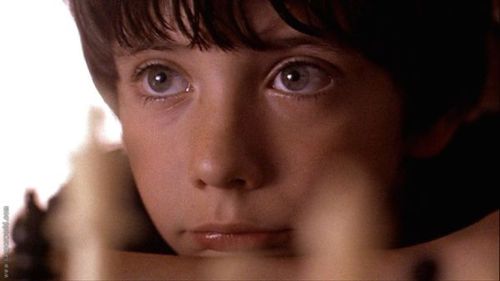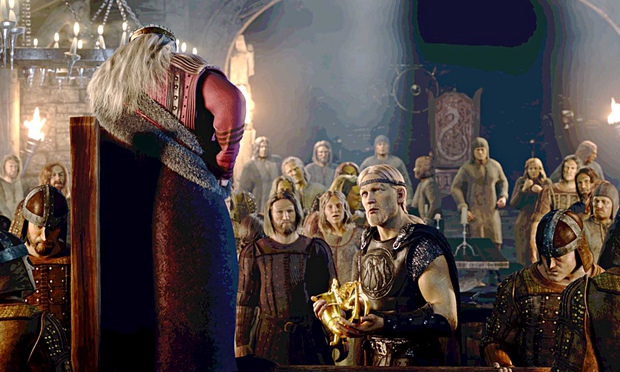My husband and I recently watched the film, “Searching for Bobby Fischer”, and I’ll tell you right now, I never knew chess could be so lively (kudos to all those who can play by the way). The chess tournaments in the film are fast paced, if not downright grueling, and the story takes us through young Josh Waitzkin’s advancement to the Chess National Championship where that environment is witnessed. Young Josh’s story begins with his hobby of baseball overlooking much of anything else. Within the first few scenes, however, the ‘search’ for the next Bobby Fischer has already begun.
Josh loses his baseball in the park, and thus the act of searching, and finding begins. As he pursues the lost baseball, he happens to find an old, weathered chess piece. This chess piece could perhaps be an object of foreshadowing or what is to come later in the story. Finding the piece then gives way to an introduction to Vinnie (a park chess player and later Josh’s second mentor). Vinnie has Josh’s baseball and instead of handing it back to him, he motions that the two of them make a trade. I think the act of this trade becomes a symbolic trade of sorts. Vinnie takes the ‘craft’ of baseball and transacts it for the chess piece. This act reveals something is about to happen to Josh; he has indeed found something worth keeping.
Searching for the actual Bobby Fischer is a prevalent theme in the film, and his disappearance is somewhat of an obsession. Everyone has to ask, “Who is the next Bobby Fischer?” Bruce, Josh’s coach, says he sees Bobby Fischer in Josh. He says the boy has a sense for the underlining truth of chess. However, Bruce also puts too much pressure on the boy. He wants to implement into Josh what it means to be Bobby Fischer. Bobby Fischer had to win, and so Josh also must win.

And yet, that is not the case for Josh. The sweet, innocent Josh will climb into his seat and mumble a, “Hi”, to his opponent. He has no need to hate someone, not even his ‘enemy’. This type of behavior is noticeable when he reaches his last and greatest competitor, Jonathan Poe. Jonathan is different however. He is one of those kids you would want to call a straight up brat, but one, whose innocence has been taken away from him.
When they near the end of their game, Josh persists in being fair. He doesn’t care about winning; although his coach tried to beat that into him. Instead, Josh moves to kindness, and this is what brings us as viewers to realize, Josh is no Bobby Fischer.
The esteemed grandmaster was unlikable and unpredictable, and ultimately, the film sets out to show us that Josh can be just as great as Bobby Fischer, but he is the opposite of him in a good way. Josh may be a prodigy in his own right when it comes to chess, but he is a child, and that comes first. I think that is what I liked most about this film. Sometimes children can get lost in trying to be a little too grown up, when all we really need them to do is to stay young for as long as they can.



